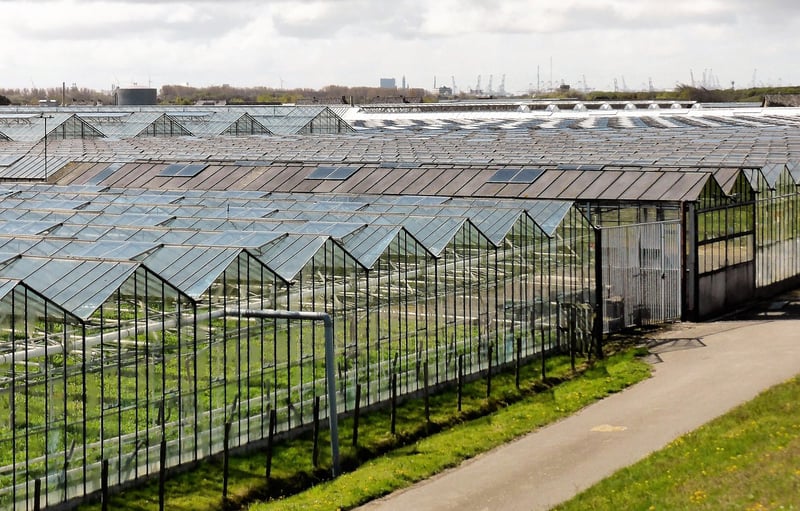City Agriculture
The Rise of Large-Scale Agriculture in Cities

Urban Farming: A Growing Trend
City agriculture, once a niche practice, is now gaining momentum as a sustainable solution to food production in urban areas. Large-scale agriculture in cities is revolutionizing the way we grow and consume food, offering numerous benefits to both city dwellers and the environment.
Benefits of Large-Scale Urban Agriculture
- 1. Improved Food Security: By growing food within city limits, urban agriculture reduces the dependence on long-distance food transportation.
- 2. Environmental Sustainability: Urban farming promotes biodiversity, reduces carbon emissions, and minimizes the ecological footprint of food production.
- 3. Community Engagement: Large-scale agriculture projects in cities foster community involvement and education on sustainable farming practices.
- 4. Economic Opportunities: City agriculture creates jobs, supports local businesses, and contributes to the economic development of urban areas.
Challenges and Solutions
While large-scale agriculture in cities offers numerous benefits, it also presents challenges such as limited space, soil quality issues, and access to resources. To address these challenges, urban farmers are adopting innovative solutions like vertical farming, hydroponics, and community gardens.
The Future of Urban Agriculture
As the global population continues to urbanize, the importance of large-scale agriculture in cities will only grow. Governments, businesses, and communities are increasingly investing in urban farming initiatives to create a more sustainable and resilient food system for future generations.
Join the urban agriculture movement today and be a part of building a greener, healthier, and more food-secure future for our cities!
For more information on city agriculture, visit City Farmer.
